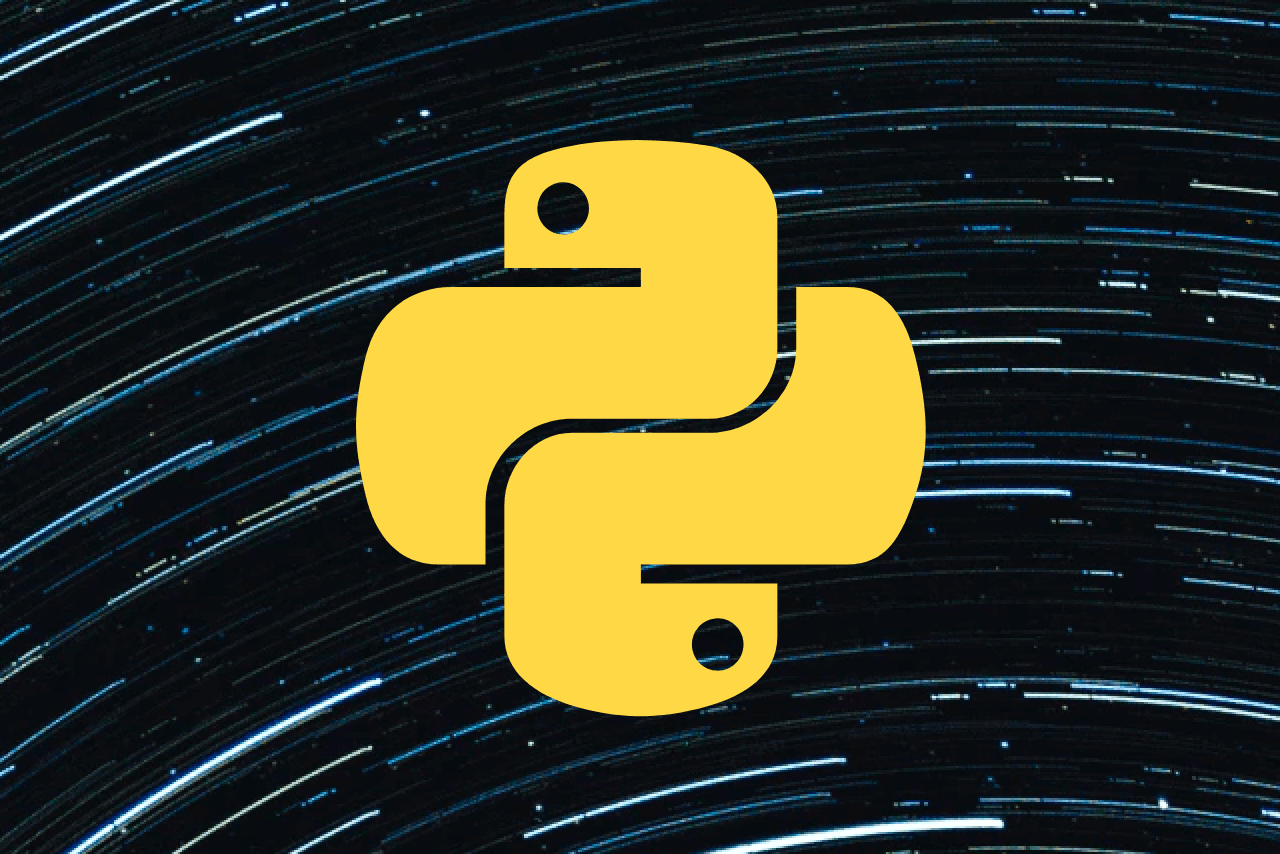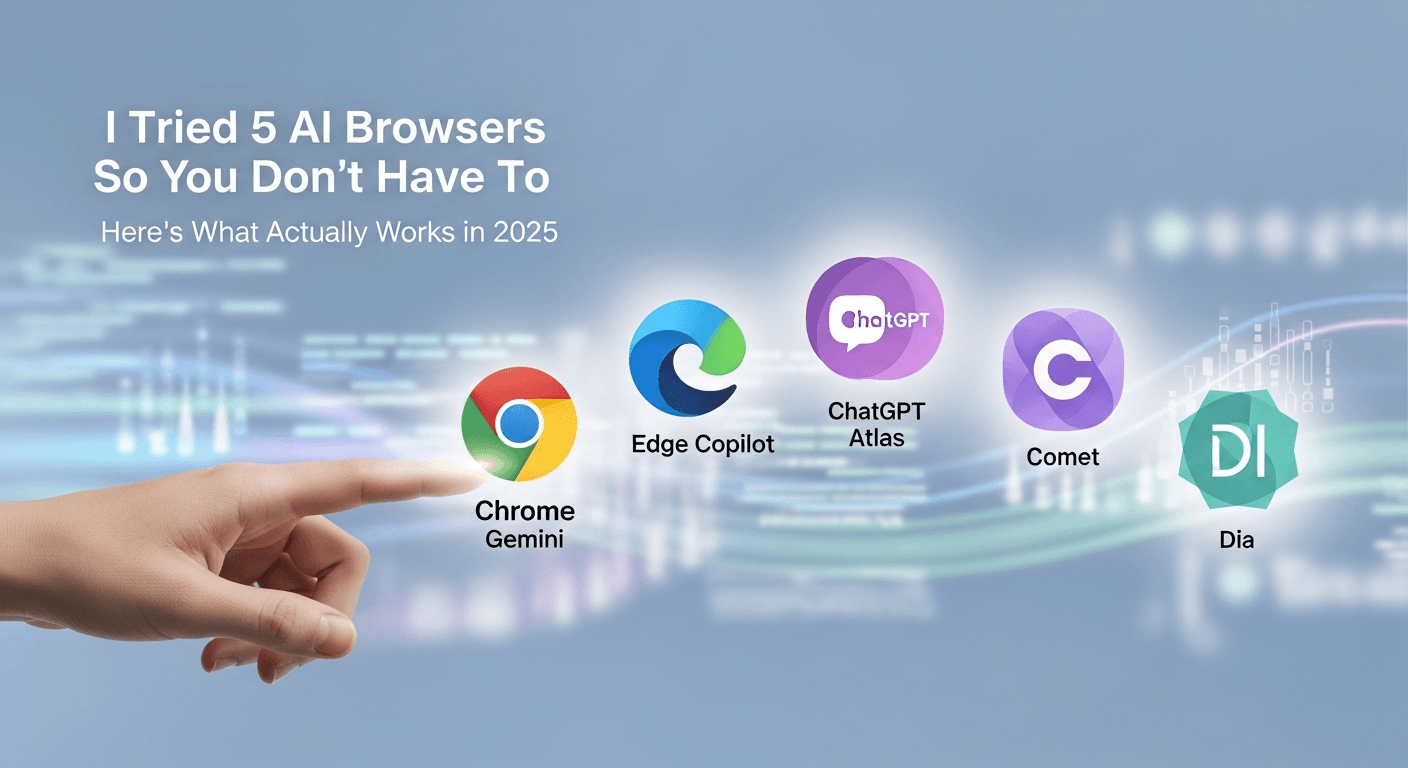
Python Data Scientist Roadmap

Welcome to our journey into the world of creating Large Language Models (LLMs) from scratch! After reading the initial chapters of a comprehensive guide on this subject, it’s become evident that the first crucial step is mastering the Python programming language. Python is the backbone of modern data science and machine learning, and a strong command of it is essential for coding and developing LLMs.
Python is widely regarded as the most versatile and accessible programming language for data science. Its simplicity and readability make it an ideal choice for beginners and experts alike. Additionally, Python boasts a rich ecosystem of libraries and frameworks such as NumPy, Pandas, TensorFlow, and PyTorch, which are indispensable tools for data scientists and machine learning engineers.
Getting Started with Python
To kick off our journey, I’ve enrolled in several Python courses specifically tailored for data scientists. These courses cover everything from the basics of Python programming to advanced topics like data manipulation, analysis, and machine learning model development. By the end of these courses, we will have a solid foundation in Python, enabling us to tackle more complex projects like creating LLMs.
We will use Jupiter and VSCode, all code source can be founed on my github.
Data Scientist Roadmap
1. Section 1 : Getting Started
- Installation
- Setup development environment ( Linux | Windows | Max Os | Docker)
- Setup VS Code
- Setup Jupiter Notebook
- Setup Jupiter Lab
- Setup Kaggle
- Setup Google Colab
- Kaggle vs Jupiter Notebook vs Jupiter Lab vs Google Colab
2. Section 1 : Getting Started
- Init a Python Project
Conslusion
This blog post will be keeped updated and you will notified (if you are subscribe) every time the update applyed.
Thank You for Reading this Blog and See You Soon! 🙏 👋
Let's connect 🚀
Latest Insights
Deep dives into AI, Engineering, and the Future of Tech.

I Tried 5 AI Browsers So You Don’t Have To: Here’s What Actually Works in 2025
I explored 5 AI browsers—Chrome Gemini, Edge Copilot, ChatGPT Atlas, Comet, and Dia—to find out what works. Here are insights, advantages, and safety recommendations.
Read Article


